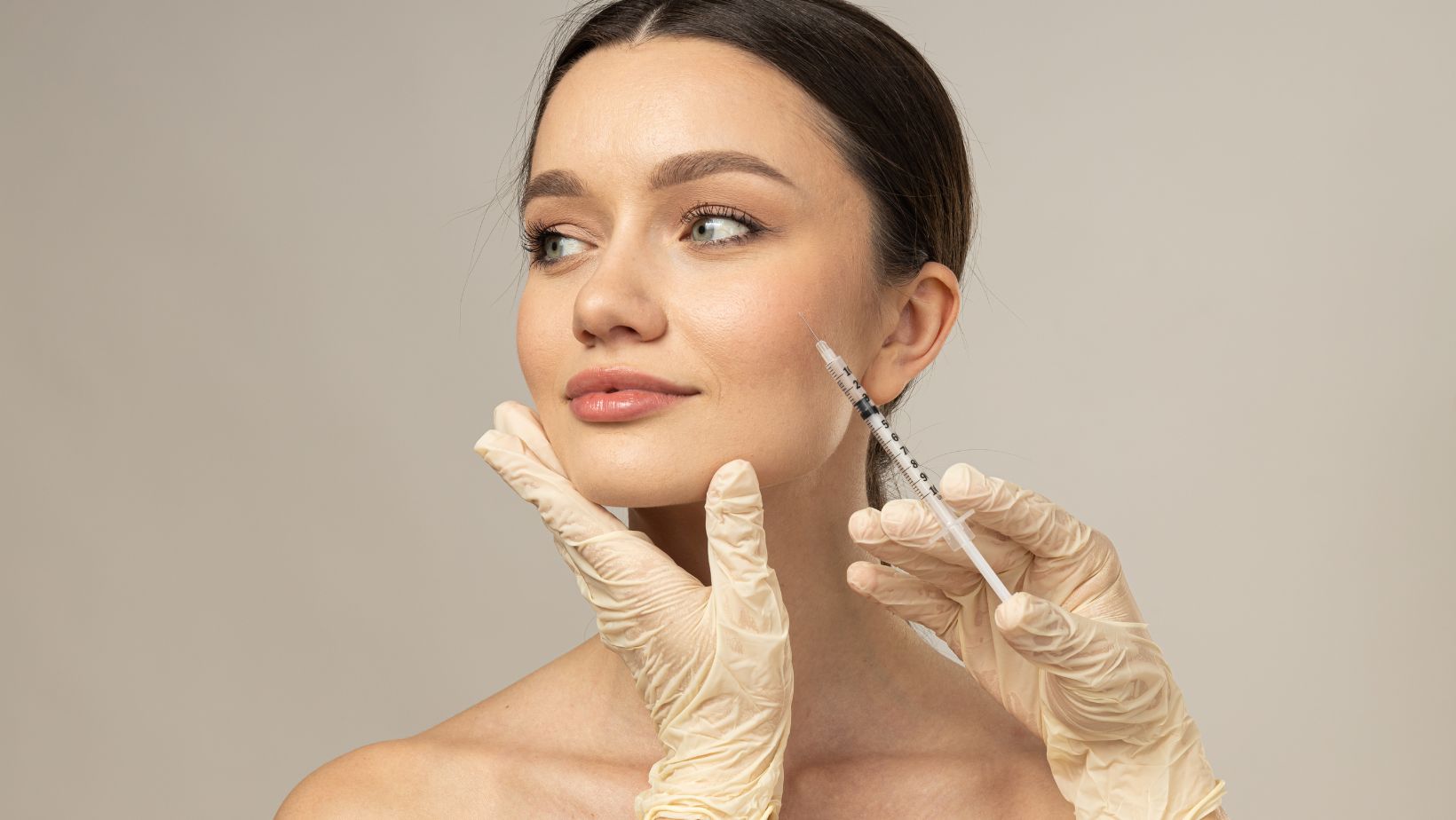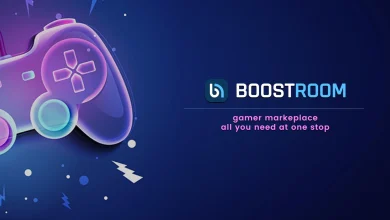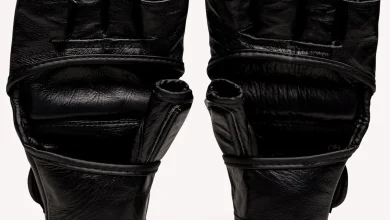Botox has become one of the most popular cosmetic treatments in the world for reducing wrinkles and fine lines. Many people turn to Botox to rejuvenate their skin and maintain a youthful appearance. Despite its popularity, the question “Does Botox hurt?” remains a common concern. In this guide, we’ll provide you with everything you need to know about Botox, including how it works, what to expect during the procedure, and whether or not it hurts. This comprehensive guide is brought to you by Beautiful Cosmetics MD, your trusted brand for beauty and skincare solutions.
What is Botox?
Botox is a neurotoxin derived from Clostridium botulinum, a bacterium. It works by temporarily blocking the nerve signals to the muscles, which helps reduce the appearance of fine lines and wrinkles. Botox is most commonly used to treat areas such as the forehead, crow’s feet, and frown lines between the eyebrows. In addition to cosmetic uses, Botox is also used to treat medical conditions like migraines, excessive sweating, and muscle spasms.
How Does Botox Work?
When injected into targeted muscles, Botox temporarily relaxes them by blocking the signals from the nerves that control muscle movement. This prevents the muscles from contracting, which in turn smooths out wrinkles and fine lines. The effects of Botox typically last for 3-4 months, after which the treatment can be repeated if desired.
Does Botox Hurt? A Quick Answer
The most straightforward answer to the question “Does Botox hurt?” is that the pain is minimal and temporary. Botox injections are typically compared to a small pinch or a mosquito bite. Most people report that the discomfort is brief and manageable. If you are concerned about the pain, your healthcare provider can use numbing creams or ice to minimize discomfort during the procedure.
What to Expect During a Botox Procedure
If you’re considering Botox, it’s helpful to know what happens during the procedure. Here’s a step-by-step breakdown:
- Consultation: The first step is a consultation with a licensed healthcare provider to discuss your goals and concerns. They will evaluate your skin and recommend the appropriate treatment.
- Preparation: Before the procedure, the treatment area will be cleaned, and in some cases, a numbing cream or ice pack will be applied to minimize discomfort.
- Injection: The Botox is injected using a very fine needle. The number of injections will depend on the area being treated. Each injection only takes a few seconds.
- Aftercare: After the injections, your healthcare provider may apply ice to reduce swelling. You can resume most of your normal activities immediately, but you should avoid rubbing the treated area or strenuous exercise for a few hours.
Does Botox Hurt More in Certain Areas?
The level of discomfort may vary depending on the area being treated. For example:
- Forehead: This area usually has minimal discomfort because the skin is not very sensitive.
- Crow’s feet: The area around the eyes can be more sensitive, but most patients still report only mild discomfort.
- Lip area: Some people find injections around the lips to be more uncomfortable due to the sensitivity of the area.
Remember that everyone’s pain tolerance is different, so what one person finds uncomfortable, another may not.
Pain Management During Botox
If you’re particularly concerned about whether Botox hurts, there are several pain management techniques available:
- Topical Numbing Creams: These can be applied to the treatment area before the procedure to reduce sensation.
- Ice Packs: Ice can numb the skin and reduce swelling.
- Vibration Anesthesia: Some practitioners use small vibrating devices near the injection site to distract the nerves and reduce pain.
Side Effects: Does Botox Hurt After the Procedure?
After the procedure, you might experience some minor side effects. These can include:
- Mild Swelling and Redness: This is common and usually resolves within a few hours.
- Bruising: Some people may experience minor bruising at the injection site, which can last for a few days.
- Tenderness: The area might feel slightly tender, but this discomfort should be mild and temporary.
Most of these side effects are short-lived and can be managed with over-the-counter pain relievers or ice packs.
FAQs
Does Botox hurt more than fillers?
Botox injections are generally less painful than dermal fillers because the needle used is much finer. Fillers tend to involve more volume and can sometimes require deeper injections, leading to more discomfort.
Does Botox hurt if you have a low pain tolerance?
If you have a low pain tolerance, you may find Botox injections slightly uncomfortable, but numbing creams or ice packs can help reduce pain significantly.
Does Botox hurt long-term?
No, Botox does not cause long-term pain. Any discomfort from the injections is temporary, and the results of the treatment usually last 3-4 months.
Does Botox hurt during your first treatment?
The first Botox treatment may feel a bit intimidating, but the actual injections involve only mild discomfort. Most patients find that subsequent treatments are even easier once they know what to expect.
Does Botox hurt more as you age?
Age does not necessarily affect how much Botox hurts. However, as your skin changes, your healthcare provider may adjust the injection technique to ensure the best results.
How Long Does Botox Pain Last?
If you’re worried about whether Botox hurts long after the procedure, you’ll be glad to know that discomfort is usually very short-lived. Any pain or tenderness typically subsides within a few hours to a few days. If you experience prolonged pain, it’s important to contact your healthcare provider, as this could be a sign of a complication.
Tips for a Comfortable Botox Experience
To ensure a comfortable Botox experience, here are some helpful tips:
- Choose an Experienced Practitioner: A qualified and experienced healthcare provider is key to a comfortable and safe procedure.
- Follow Pre-Treatment Guidelines: Your practitioner may advise you to avoid certain medications like aspirin or ibuprofen before your treatment to reduce the risk of bruising.
- Stay Relaxed: Try to stay calm during the procedure. Many people find the anticipation of pain worse than the actual injections.
- Use Ice or Numbing Cream: Don’t hesitate to ask your provider for ice packs or numbing cream if you’re concerned about pain.
When to See a Doctor About Pain After Botox
Although rare, some patients may experience prolonged pain or other unusual symptoms after Botox. If you experience any of the following, you should contact your healthcare provider:
- Severe or lasting pain
- Difficulty breathing or swallowing
- Extreme swelling or redness
- Muscle weakness
These could be signs of an allergic reaction or other complications, and prompt medical attention is necessary.
Conclusion
In conclusion, the answer to “Does Botox hurt?” is that while there may be some mild discomfort, it’s generally not a painful procedure. Most patients describe the sensation as a quick pinch that fades almost immediately. With the right pain management techniques, Botox can be a comfortable and effective way to reduce the appearance of wrinkles and fine lines.
At Beautiful Cosmetics MD, we believe in empowering our clients with the information they need to make informed decisions about their beauty treatments. If you’re considering Botox and want to learn more about how it can fit into your skincare routine, contact us today for a consultation. Let us help you enhance your natural beauty with confidence and ease.





